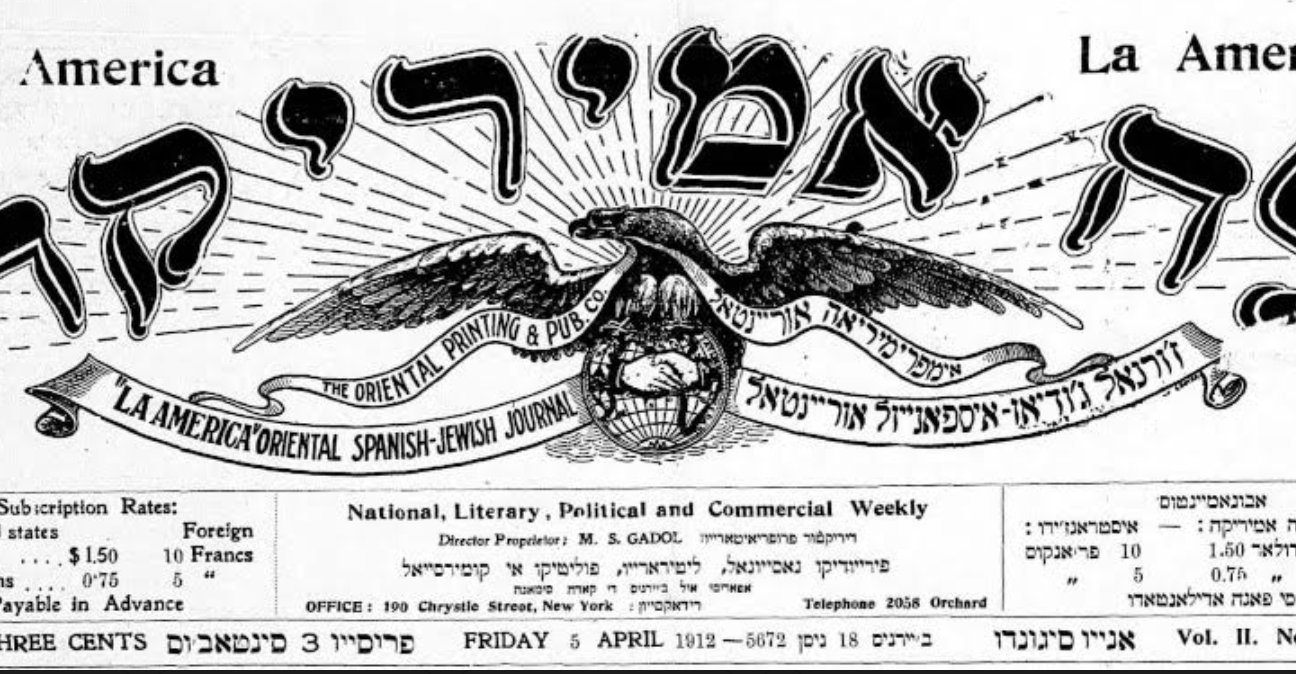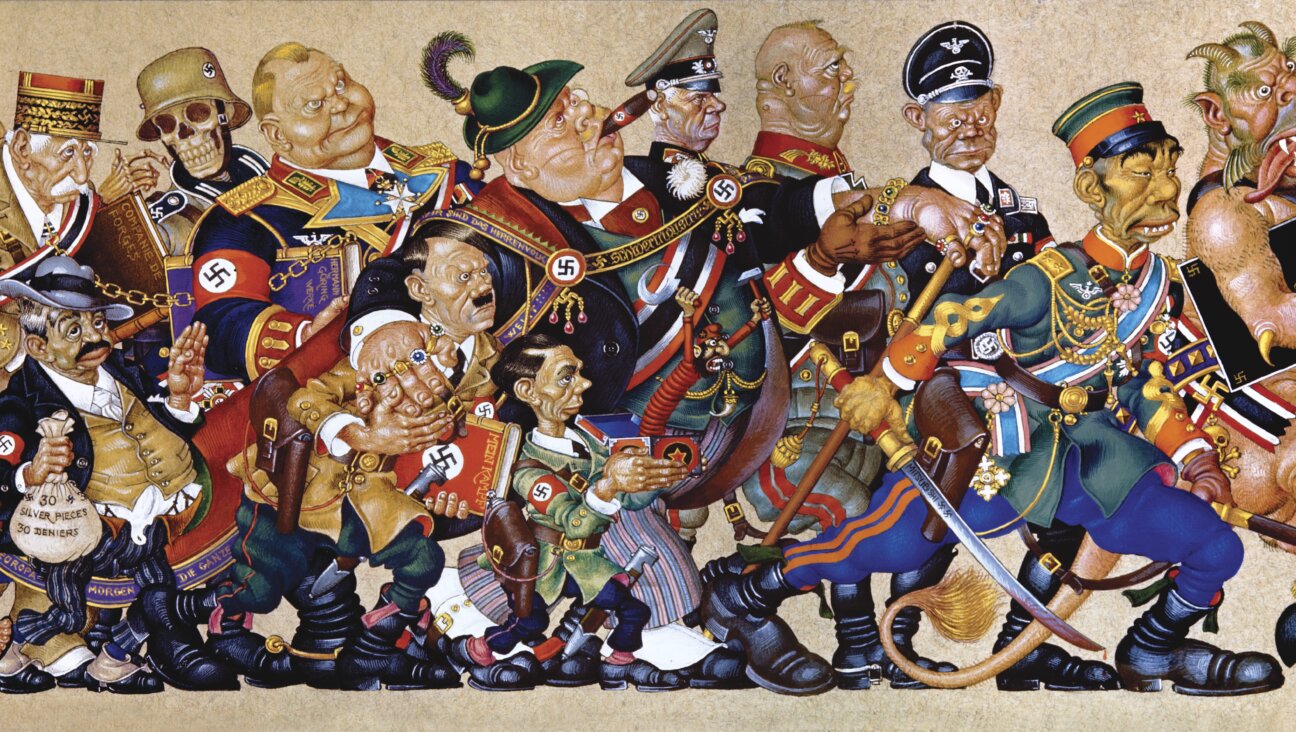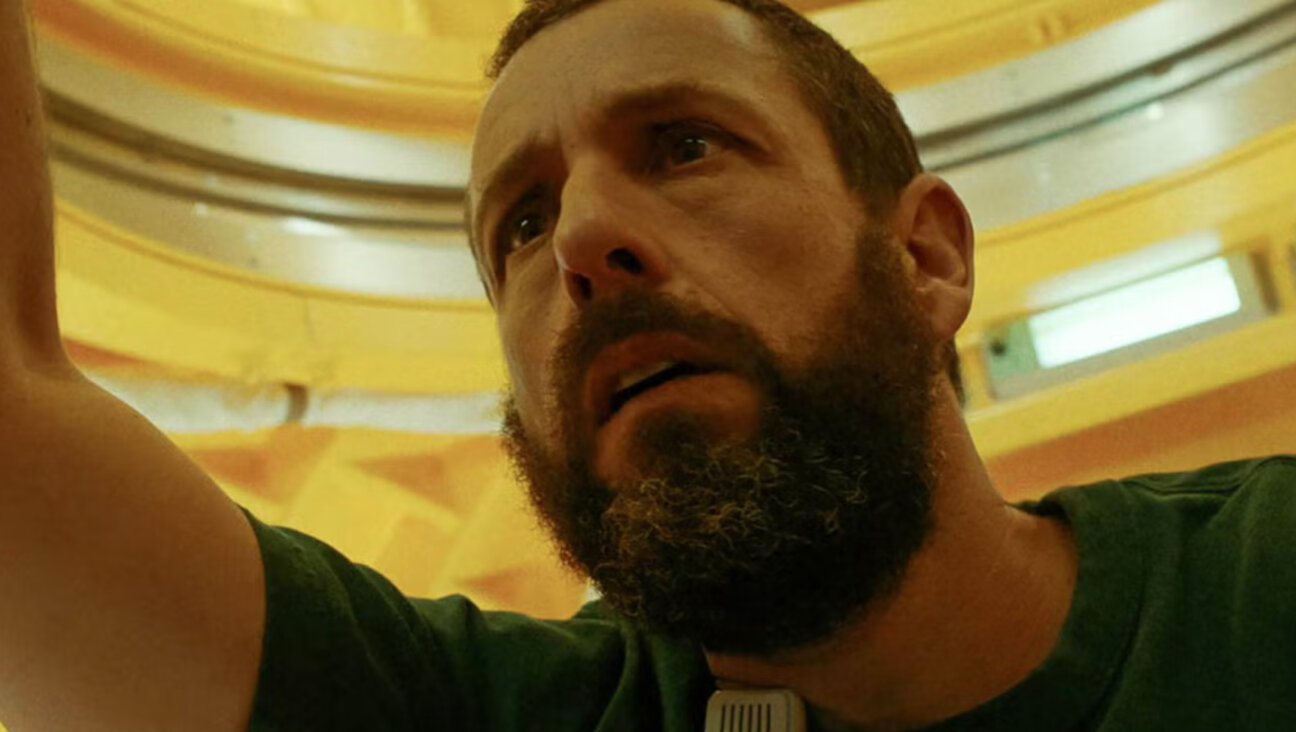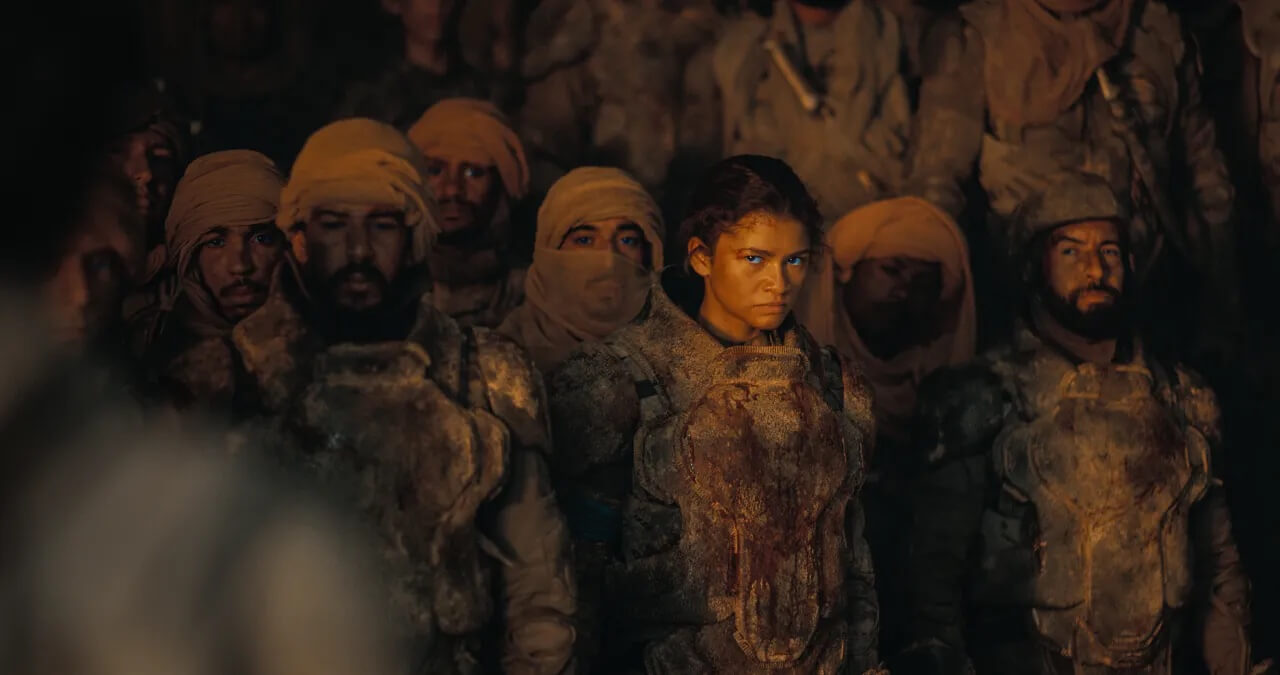Young Bob Woodward’s ‘Fear’ — How Would He Influence History?

Jonathan Leader with Bob Woodward. Image by Courtesy of Jonathan Leader
Little did I suspect that Bob Woodward, my closest college friend, would bring down a president and become what many people have called “the greatest investigative reporter of all time.” I think of him often, especially now with “Fear,” his book about the Trump White House, which is being published on September 11.
I first met Bob at a Labor Day party in Wheaton, Illinois, Bob’s hometown, in September 1962. I was transferring as a Junior from Brown to Yale, and my Brown roommate, R. Lee West III, had invited me out to meet Bob who was going into his sophomore year at Yale. Lee graciously thought that it would be nice if I knew someone at Yale, and I was happy to make the trip from New York.
Wheaton, Illinois was a small suburb of Chicago whose main feature was Wheaton College, a fundamentalist Christian school. I was the only Jewish person at the Labor Day party, and I felt a little bit out of place. Nonetheless, Bob was incredibly friendly and told me that we would meet up when Yale began in a couple of weeks.
No sooner had I arrived at Yale than Bob came to my room to say hello. We both resided in a new college named (somewhat ironically, I thought, after Ezra Stiles, an eighteenth century teacher of Hebrew) in which almost all of the rooms were singles, something that suited Bob and me perfectly. Although Bob and I were not literally roommates, our rooms were quite nearby and we saw each other everyday. Even during school vacations, Bob would often spend time with my parents and me at our home on Central Park West.
Our initial friendship at Yale was based on our love of history and politics. Bob steered me towards the courses that he thought I would enjoy, including Twentieth Century American History and European History in the Post- Napoleonic Era.
The American history course was taught by an esteemed professor named John Morton Blum, a Jew by birth but not one who chose to recognize his religion. Professor Blum dressed nattily in tweed sport coats and bow ties, which reflected his education at Andover and Harvard. Because I took the course in 1962, less than twenty years after the end of World War II, Professor Blum was able to provide many anecdotes about the Roosevelts and his circle, implying that he had been in close contact with many of these men. The European history course was taught by Hajo Holborn, a non-Jewish refugee from Nazi Germany who during World War II worked for the OSS, the predecessor agency of the CIA. In each course, I felt that I was learning at the feet of truly great men.
Bob and I would meet almost every day for either lunch or dinner in the Ezra Stiles dining hall. In those days, we had to wear coats and ties to meals, and we were served by ladies in black uniforms and white aprons who always urged us to eat more. While enjoying extra desserts, Bob and I discussed mainly current events or the courses that we were taking. Bob was enthralled by the French history course that he was taking; one theme that was very much on his mind was whether the true nature of France was a monarchy or a republic. Another topic that we frequently debated was the different views of America’s future held by the Democrats and the Republicans. Bob was quite apolitical and was willing to discuss the merits and shortcomings of each side.
As Bob and I got closer, he began to share some details of his life. He was attending Yale on a Navy ROTC scholarship. This was not due to financial need but because Bob wanted to be totally independent of his father. In return for the scholarship, Bob had to attend weekly ROTC meetings, summer training, and serve in the Navy for four years after graduation. (This was ultimately extended to five years because of the Vietnam War where Bob served on a ship off the coast of Vietnam.)
During our two years at Yale, much of Bob’s extra-curricular attention was focused on Kathy Middlecauff, his wonderful girlfriend at Smith College named. Kathy had flaxen blonde hair, beautiful blue eyes, and was majoring in economics. In those days, there were no girls attending Yale, and the routine of many of us Yalies was to take weekend road trips to see girls at either Vassar or Smith, each two hours away. Incredibly, Bob and I made the trip to Smith almost every weekend, leaving Yale at about five PM on Saturday afternoon and arriving back at one o’clock on Sunday morning. (I remember stopping for gas on the Wilbur Cross Parkway and paying twenty-three cents a gallon. Life was much less expensive in those days.)

Having A Row: Woodward, before his investigative reporter days, demonstrates his skill as an oarsman. Image by Courtesy of Jonathan Leader
Another memory of that time is our reading Robert Penn Warren‘s “All the King’s Men,” a thinly fictionalized biography of the ranting Louisiana senator Huey Long. At one point in the book, the protagonist is looking to dig up some dirt on a political opponent and says, “There ain’t no man against whom there is no black spot.” Bob referred to this quote again and again, perhaps giving a preview of his later life’s profession.
A highlight of my time at Yale was being selected to take a writing seminar with Robert Penn Warren, then one of the best known authors and poets in the United States. Warren had been William Faulkner’s editor, and was clearly a man of high esteem. Bob wanted to know all about the seminar, and I told him how Professor Warren and I met outside in the courtyard of Saybrook College on the first day and I tried to make small talk with him before the class began. I commented to Professor Warren regarding the beautiful day and said how wonderful it would be to be at the beach. Professor Warren thought I was talking about a nearby tree and said to me, “Suh, this is not a beech tree it is an Elm.” Bob thought that this story was quite hilarious and chided me how I had made my first mistake with a great man.
Occasionally, Bob would ask me what it felt like to be a Jew at Yale. Until the early 1970’s Yale’s class of one thousand men included only one hundred Jewish boys. (There were also only three blacks and five Asians in my class, if I recall correctly.) I told Bob that although there was no explicit anti-Semitism, it was understood that opportunities for Jewish boys to join the secret societies such as Skull and Bones or to receive certain awards was limited. Thus, while I loved being at Yale, I felt like a bit of a stranger, especially when one of the six foot-four blonde-haired rowers from the crew team entered the dining hall. Beginning in the 1980’s things changed, but during my time at Yale, my Jewishness made me feel like somewhat of an outsider.
After Bob’s junior year (and my graduation), he received orders to report to a U.S. Naval base in Naples, Italy in early August. Bob and I thought that this would be a great opportunity for us to see Europe together, and we purchased an all-you-can-fly ticket to Europe on Pan Am for $624. Because we were both quite frugal, we decided to strictly adhere to the guidelines of a very popular book of the time called “Europe on Five Dollars a Day.”
I made a reservation in London at a hotel near the British Museum for $2.80 cents a night for the two of us, and we met there for the first night, sharing a room. At about 5 o’clock in morning, the din from the traffic was so great that I told Bob that we would be moving to another location. Bob made me promise that we would stick to our budget, and I found an attic room in a home on Tavistock Gardens for $4.00 a night. This was clearly above our budget, but I did not tell Bob, and we moved to our new lodgings around noon, figuring that I would pay the extra cost myself without his knowing about it. The next morning, this time around four o’clock, we were awakened by a different sound — the smashing of glass against machinery. As things turned out, our window faced a milk-bottling plant, and the operation was in full swing. We stayed there nonetheless, but dragged ourselves down to breakfast each morning exactly at the closing hour of ten o’clock, infuriating our landlady.

For The Birds: Bob Woodward poses amid the pigeons of Tragalgar Square. Image by Courtesy of Jonathan Leader
Our five days in London were among the happiest of our lives — no parents, no school, no girlfriends — just the two of us seeing and doing everything that we had always dreamed of. Being great history buffs, we toured everything associated with the word “Churchill,” including the War Rooms in the Admiralty and Blenheim Palace where Churchill was born. We frequented Soho, Bloomsbury, and made a special trip to Cambridge University where Bob punted (poled) a small boat on the river while I sat lazily in the rear. It was a scene right out of a Romantic novel.
For our last night in London, Bob took me to the American Soldiers and Sailors Club where we dined on enormous steaks. The next day we flew to Paris and took up quarters in the California Hotel on the Left Bank. On our second night there, I woke up at 2 o’clock in the morning, vomiting fiercely. Despite the late hour, Bob insisted on going out to find an all-night drug store and came back with some medicine that made me feel better. It is one of the incidents of friendship that I will never forget.
After stops in Holland and Switzerland, we finally arrived in Naples and said our sad good-byes. That fall I enrolled in Harvard Business School, and Bob finished his time at Yale, serving, among other things, as editor of the yearbook. One autumn day in my second year at Harvard, Bob called me and told me that he was at the Boston Naval Base and could I come down? We met on a mid-sized naval vessel where Bob was beginning his service, and he took me on a tour of the ship, including the engine room where a sailor stood duty amid the overwhelming roar of the machinery. I asked Bob how long the sailor’s shift lasted, and Bob said four hours. When I inquired how anyone could tolerate this, Bob responded, “When you have to do something, you just do it.” Later on when Bob’s reporting became famous, I remembered this story as an early indication of Bob’s perseverance. One of his guiding principles was always to do a job thoroughly and see it through to the end.
Bob and I saw less of each other after his graduation, although I was the Best Man at his wedding to Kathy. In 1969 when I was working at Goldman, Sachs, I received a call from Kathy, who said that she wanted to come in and chat. We met in Goldman’s small cafeteria, and she told me that being away from Bob for so long was hurting their relationship, and she feared for their marriage. Her premonitions, unfortunately, proved to be correct.
Bob was equally frustrated by his long tour, and in a letter to me, he wrote, quite ironically as it turned out, “Jon, what ever happened to our dreams of my being President and you being my Secretary of State? How will we ever have a chance to influence history?” I think that by now Bob Woodward has answered this question by himself.
Jonathan Leader and his wife Dina are long-standing members of the New York Jewish community. They believe that it is important for Jews to participate in society at large and to have a responsibility for Klal Yisroel.
The Forward is free to read, but it isn’t free to produce

I hope you appreciated this article. Before you go, I’d like to ask you to please support the Forward.
Now more than ever, American Jews need independent news they can trust, with reporting driven by truth, not ideology. We serve you, not any ideological agenda.
At a time when other newsrooms are closing or cutting back, the Forward has removed its paywall and invested additional resources to report on the ground from Israel and around the U.S. on the impact of the war, rising antisemitism and polarized discourse.
This is a great time to support independent Jewish journalism you rely on. Make a gift today!
— Rachel Fishman Feddersen, Publisher and CEO
Support our mission to tell the Jewish story fully and fairly.
Most Popular
- 1

Culture Cardinals are Catholic, not Jewish — so why do they all wear yarmulkes?
- 2

Fast Forward Ye debuts ‘Heil Hitler’ music video that includes a sample of a Hitler speech
- 3

News School Israel trip turns ‘terrifying’ for LA students attacked by Israeli teens
- 4

Fast Forward Student suspended for ‘F— the Jews’ video defends himself on antisemitic podcast
In Case You Missed It
-

Yiddish קאָנצערט לכּבֿוד דעם ייִדישן שרײַבער און רעדאַקטאָר באָריס סאַנדלערConcert honoring Yiddish writer and editor Boris Sandler
דער בעל־שׂימחה האָט יאָרן לאַנג געדינט ווי דער רעדאַקטאָר פֿונעם ייִדישן פֿאָרווערטס.
-

Fast Forward Trump’s new pick for surgeon general blames the Nazis for pesticides on our food
-

Fast Forward Jewish feud over Trump escalates with open letter in The New York Times
-

Fast Forward First American pope, Leo XIV, studied under a leader in Jewish-Catholic relations
-
Shop the Forward Store
100% of profits support our journalism
Republish This Story
Please read before republishing
We’re happy to make this story available to republish for free, unless it originated with JTA, Haaretz or another publication (as indicated on the article) and as long as you follow our guidelines.
You must comply with the following:
- Credit the Forward
- Retain our pixel
- Preserve our canonical link in Google search
- Add a noindex tag in Google search
See our full guidelines for more information, and this guide for detail about canonical URLs.
To republish, copy the HTML by clicking on the yellow button to the right; it includes our tracking pixel, all paragraph styles and hyperlinks, the author byline and credit to the Forward. It does not include images; to avoid copyright violations, you must add them manually, following our guidelines. Please email us at [email protected], subject line “republish,” with any questions or to let us know what stories you’re picking up.















